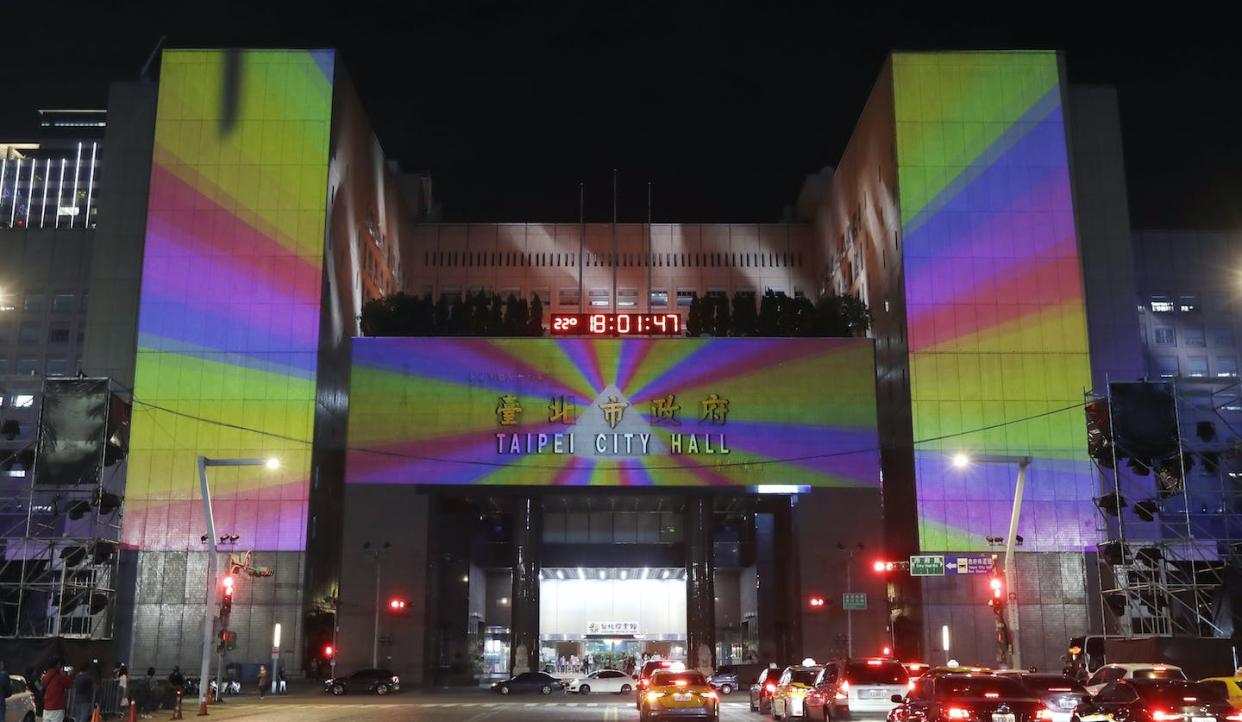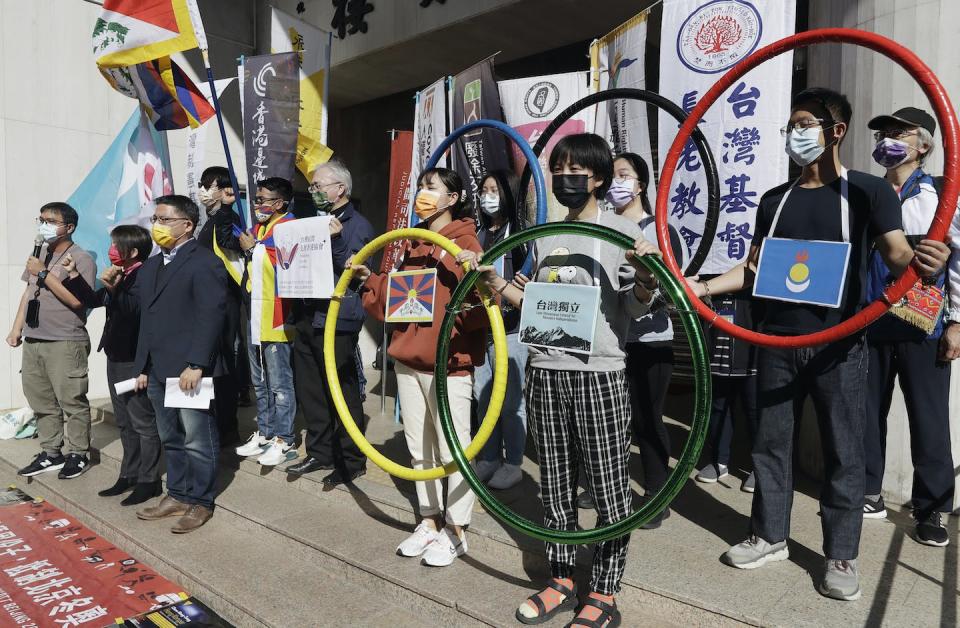Cancellation of Taiwan Pride event shows China’s influence extends far beyond its borders

WorldPride 2025 would have been the first time a global lesbian, gay, bisexual, transgender and queer (LGBTQ+) event was held in Asia.
Originally scheduled to be held in Taiwan, the event was abruptly cancelled in August due to disagreement over the naming of the event. Despite winning the bid to host the pride event under the name WorldPride Taiwan, organizers InterPride suddenly requested that the word “Taiwan” be dropped altogether.
This can be traced to external pressure from neighbouring China.
Loss for LGBTQ+ rights
The cancellation of the WorldPride 2025 event in Taiwan is not only a loss for LGBTQ+ rights in Asia. It’s also emblematic of the influence of authoritarian regimes worldwide. InterPride admitted as much when it announced that it’s seeking consultative status with the United Nations, a status that would give it the same footing as other non-governmental organizations to take part in multilateral discussions on economic, social and human rights issues.
However, China repeatedly abuses its position at the UN to prevent groups that are critical of China from receiving UN accreditation. A country that continues to roll back political and civil liberties, crack down on “sissy” culture and sexual minorities and stifle the #MeToo movement is effectively dictating to the world where a pride event can be held, as well as which NGOs are allowed to be represented at the UN.
Taiwan was the first country in Asia to legalize same-sex marriage. Yet it was denied the right to hold a global pride event. This is not the first time that China has interfered and tried to marginalize Taiwan’s existence as an independent nation-state.

Beijing claims Taiwan is “an inalienable part” of China, which, as the recent military drills after American politician Nancy Pelosi’s visit to Taiwan are aimed to demonstrate, must be “reunified with the Motherland,” with force if necessary.
Read more: Nancy Pelosi’s visit to Taiwan causes an ongoing Chinese tantrum in the Taiwan Strait
At China’s insistence, Taiwan is not a member of international organizations such as the World Health Organization. This is to the detriment of the rest of the world.
The COVID-19 pandemic, for example, might have been contained more effectively if the world had heeded Taiwan’s warning of human-to-human transmission as early as Dec. 31, 2019. Many experts and governmental organizations, including the G7, said the “international community should be able to benefit from the experience of all partners, including Taiwan’s successful contribution to the tackling of the COVID-19 pandemic.”
Matters of global concern
Similarly, Taiwan is not permitted to be a member of the International Civil Aviation Organization, despite the fact that ensuring aviation security and safety, and addressing the environmental impact of aviation, are matters of global concern and “no country can be left behind.”
Taiwan’s exclusion extends to other vital areas that require international co-operation, including combating international terrorism and crime and global efforts to tackle climate change.
Chinese pressure goes as far as the erasure of any mention of Taiwan at the Olympics, attempts to censor Taiwan’s participation at events like the Cannes film festival and even to end Taiwan’s membership in an international bird conservation group.

These attempts to marginalize Taiwan and dictate its participation in global organizations is oppressive and unjust. And it doesn’t end there.
Together with Russia, China has not hidden the fact that it wishes to see international relations “enter a new era” and to rewrite rules-based order in its image. Such efforts extend to championing around the world the idea of total government control over the internet, and thwarting international attempts to investigate the origins of COVID-19.
Even independent efforts of the UN High Commissioner for Human Rights to report on crimes against humanity and genocide against the Uyghurs in Xinjiang have been stonewalled, and published only after much delay and redaction at the behest of Beijing.
Corporations give in to censorship
Eager to acquiesce to China’s rules for doing business, some companies are unfortunately quick to resort to self-censorship. Chinese government censors demanded a same-sex kiss be cut from the movie Lightyear, though Disney refused, while references to same-sex relationship were scrubbed out of the latest Fantastic Beasts movie.
China even demanded that the 2021 Spiderman movie erase images of the Statue of Liberty, and that the flags of Taiwan and Japan be edited out of Top Gun: Maverick.
The cancellation of the WorldPride event in Taiwan is just one of the signs that China’s authoritarian government is able and being allowed to decide who can participate in the international community, who can speak out and what can be represented in culture or shown on the internet.
At a time when rights, freedoms and democracy are in decline globally, liberal values and human rights — including those of the LGBTQ+ community — must be promoted and defended worldwide, regardless of what regimes like China demand.
This article is republished from The Conversation, an independent nonprofit news site dedicated to sharing ideas from academic experts. It was written by: Kuan-Wei Chen, McGill University. If you found it interesting, you could subscribe to our weekly newsletter.
Read more:
UN report on China’s abuse of Uyghurs is stronger than expected but missing a vital word: genocide
LGBTQ rights in mainland China looking gloomy after Taiwan’s new ruling on same-sex marriage
Kuan-Wei Chen does not work for, consult, own shares in or receive funding from any company or organisation that would benefit from this article, and has disclosed no relevant affiliations beyond their academic appointment.


